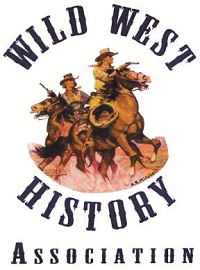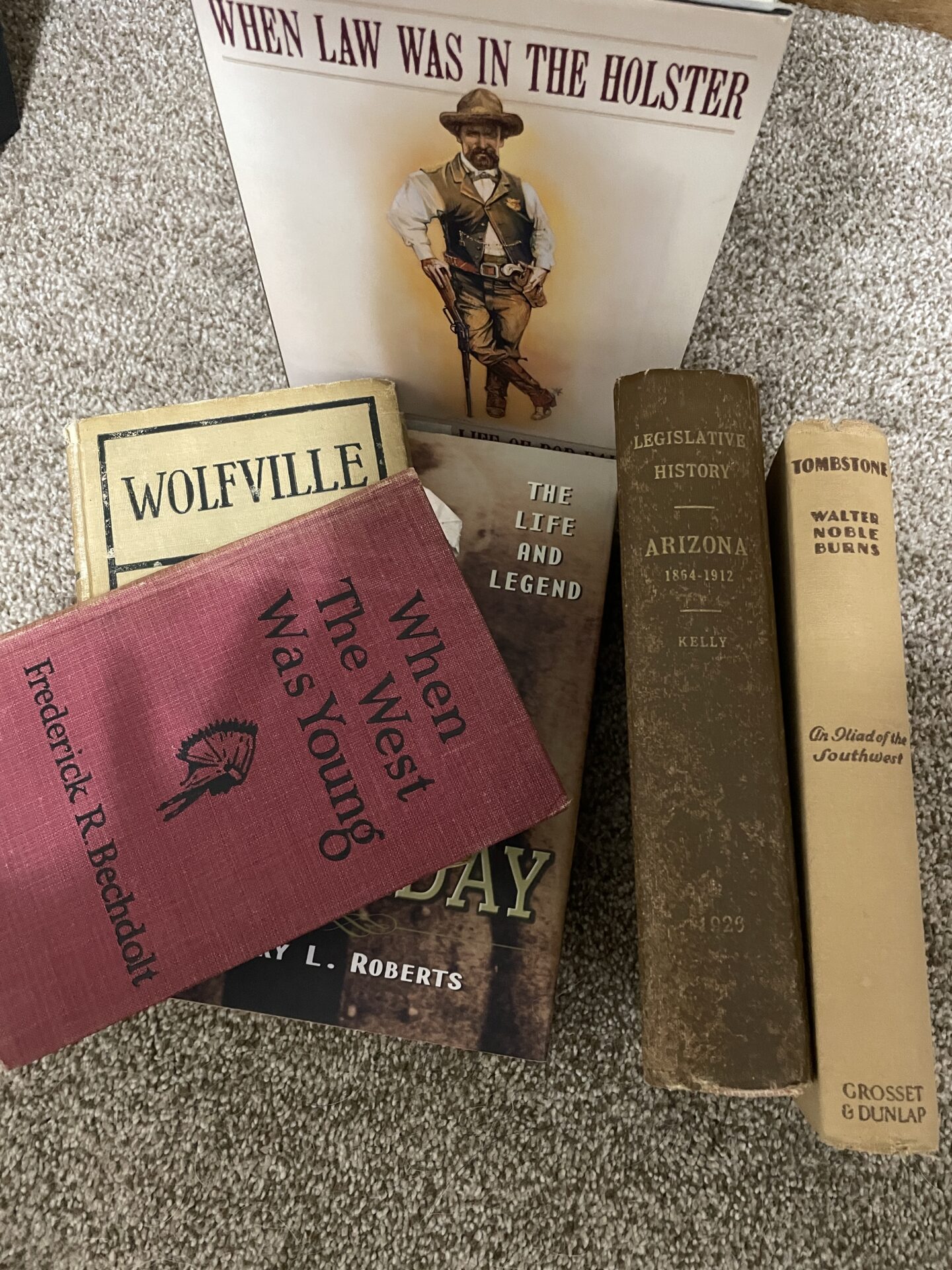Many authors and historians refuse to read historical fiction. I am grateful that in this country, we have the choice to read what we want. Once we got out of the Roy Rogers and Bonanza phase, many moved on to documented history only. Some started with Stuart Lake and Walter Noble Burns, not realizing the extent of creativity in these supposed works of history. I know one historian who was fascinated by the song Desperado, an obvious work of fiction. Regardless of how historians, writers, and buffs got where they are today, many, if not most, started with fiction.
Some Western novelists have done more research than some so-called historians. Then there are the works of “creative nonfiction, “ which are sometimes misidentified as history. I don’t care what people write as long as they are honest about what kind of work they have published. Unfortunately, many readers do not know the difference between creative nonfiction and documented history, especially if authors and reviewers don’t specify. This creates confusion and drives historians crazy. When we read a historical novel, we know it is creative, just like the movies we know and love, like Tombstone, Lonesome Dove, Butch Cassidy, and the Sundance Kid. We may have to tell people that, no, the wedding scene in Tombstone didn’t happen, Butch and Sundance didn’t jump off a cliff into a river, and that Gus and Call although loosely based on real people, did not have those same adventures.
I recently read a historical fiction that inspired me to want to know more about the subject. This author went on to detail where and how they did their research, got their inspiration, and gave a short bio of the historical figures. I learned a lot about a subject I knew very little about and am inspired to dig deeper. We can use fiction as our springboard to do more research, uncover new information and present more precise history.
If some novelists were to add endnotes to their work and publish their bibliography, it would rival some historians’ books for depth of research. One of the first things many historians and I do when looking at a book for the first time is to read the endnotes and bibliography to determine the credibility of the work.
My name has shown up in references in history books. Some I’m proud to be a part of, others, not so much. It depends on the reputation of the author and if it is a well-researched and written work or slipshod with suspect secondary sources.
Bottom line if it promotes history, it is a good thing as long as it is truthful about its classification. We expect history from Ken Burns, we expect historical fiction from Taylor Sheridan. Both can be informative and entertaining, and both promote a period and or subject matter that attracts us to Western history and fuels our thirst for knowledge and hunger to be part of the Wild West.
It all boils down to what you want to read and why, knowing something about the author and then enjoying the book, and knowing you have made an informed decision about what you are reading.
Pam Potter

